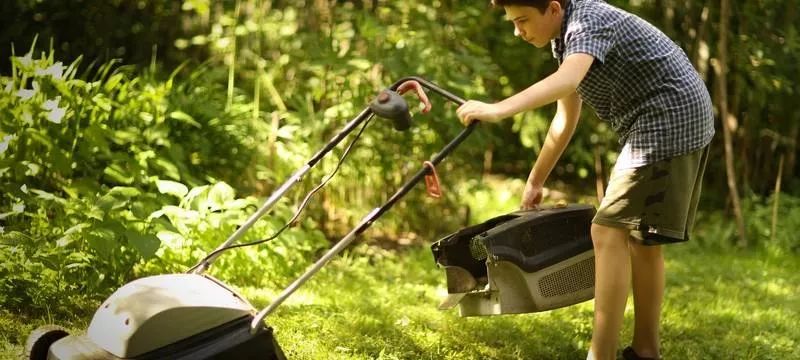Teen Summer Job Safety
School is out, which means teens everywhere are earning their gas money with summer jobs. And while a summer job can be a great way to gain experience, save for school or help lighten family financial pressure, unfortunately, it also sometimes leads to on-the-job injuries.
Teens are prone to higher rates of on-the-job injuries than adults. In 2014, the rate of 15-to-19 year olds treated for workplace injuries in emergency departments was 2.18 times greater than the rate for workers who were at least 25, according to the CDC. So why are teens more likely to be injured, and what work safety tips can help lower those numbers?
Why are summer jobs often so dangerous?
Teens are usually limited in the type of jobs they can do. Georgia child labor laws of course play a part in this. For example, minors under 16 can’t work more than 8 hours on a non-school day or before 6 a.m., after 9 p.m. or during school hours. But, lacking experience or advanced degrees, teens are also usually involved in lower-paid, hourly jobs.
Often, these jobs come with associated risks, ones compounded by poor training or a lack of safety protocols. Teens often work in the following areas and are exposed to the following risks:
- Food services: sharp objects, hot equipment, violent crime and slippery floors
- Janitorial/maintenance: chemicals, heavy lifting, vehicle accidents
- Outdoor work: heat exposure, contact with pesticides and chemicals, vehicle accidents, electricity, noise
- Construction: falls, tools and machinery, “struck by” accidents
- Agriculture: machinery, falls, organic dust, heat
Additionally, young workers (especially those in their early teens) may be physically or mentally unprepared for certain responsibilities, leading to injuries. And all workers, even if they are past their teens but still new to the workforce, are more at risk when they bring in little or no job experience.
How can teens stay safe on the job?
It’s largely an employer’s responsibility to keep teen workers safe on the job. This starts by understanding and following Georgia child labor laws and federal child labor laws, which ban younger teens from performing certain hazardous roles and limit hours worked.
But employers also have to accept that the lower cost of teen labor often comes with the trade-off of high turnover. Many young workers are temporary. They’ll head back to school in August or move on to something new. Knowing they won’t be around for long, some employers skimp on training. But to maintain a safe workplace, temporary workers have to be treated the same as regular workers, with the same training and safety expectations. Employers can help by:
- Pairing teens with more experienced workers through a mentoring system
- Urging young workers to speak up or ask questions when they’re unsure how to perform a task
- Telling workers what to do if they’re injured on the job
Teens and their parents should also understand their rights. Sure, a summer job may be about “building character” and involve plenty of hard work, but it shouldn’t be dangerous. Parents should understand their child’s role and training, then check in regularly on whether the job seems too stressful.
Workers’ comp attorneys in Atlanta
If you or your teen has been injured on the job, you need an Atlanta workers’ compensation attorney. Contact the law offices of Laura Lanzisera today for a free consultation.
